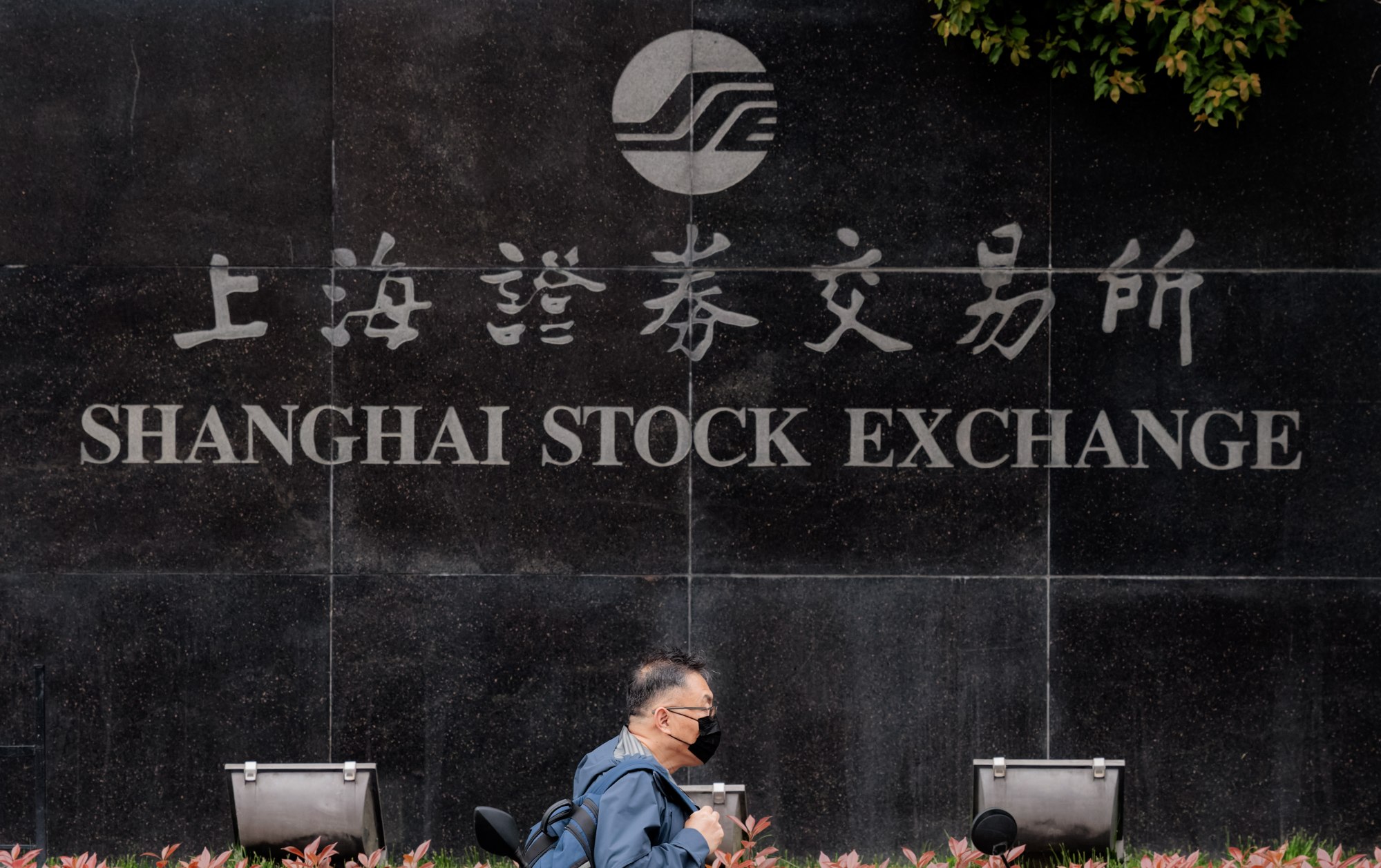
China’s regulators bide time before reviving Syngenta’s US$9.4 billion IPO amid fears of liquidity shortage, sources say
- The Shanghai Stock Exchange will not restart a cancelled hearing to vet the agrichemical giant’s share sale any time soon, sources say
- ‘Syngenta is too big for the market to take now,’ says one fund manager
China’s regulators are in no rush to let Syngenta Group’s blockbuster US$9.4 billion initial public offering (IPO) move ahead, as they aim to cut fundraising into bite-size chunks that the mainland market can swallow amid a surge in new share offerings under more liberal listing rules, according to sources.
The Shanghai Stock Exchange will not restart a cancelled hearing to vet the agrichemical giant’s share sale any time soon, because it is not a good time to kick off the deal, according to these sources, who spoke on condition of anonymity.
“Syngenta is too big for the market to take now, given that most of the recent IPOs are smaller companies valued at an average of 600 million yuan,” said Dai Ming, a fund manager at Huichen Asset Management in Shanghai. “It would divert at least hundreds of billions of yuan from the market.”
Syngenta’s IPO, if it proceeds, is set to be the world’s largest flotation this year and China’s second-largest ever, after Agricultural Bank of China’s US$10 billion offering in 2010.

Syngenta did not reply to a request for comment, and the Shanghai exchange declined to comment.
SMIC-backed Chinese contract chip maker seeks US$1.4 billion in Shanghai IPO
Based on past experience, an IPO of Syngenta’s size typically takes place in times of market euphoria, said Huichen Asset Management’s Dai.
“On the other hand, it also means that China’s market-based reform has a long way to go,” he said.
The Syngenta episode is seen as a setback for China’s stock exchanges, showing that regulatory interventions are still a factor in the world’s second-largest market, which has a combined capitalisation of US$11 trillion. Control over the pace of IPOs is historically one of the administrative tools the government has used to prop up sentiment. During the 2015 meltdown that erased US$5 trillion in value, the China Securities Regulatory Commission (CSRC) suspended new offerings for four months to arrest stock declines.
Tech firm’s shares soar on debut after reforms nix valuation cap for new issues
Regulators fear that Syngenta’s IPO would freeze billions of yuan for public subscription to the new stock, siphoning capital off from the market and potentially upending a mild rebound in stocks spurred by the reopening of China’s economy.
More importantly, the jumbo offering could throw a spanner in the works for the CSRC’s IPO reforms, which will need sufficient supply of capital to soak up an increased supply of new share offerings after the easing of listing requirements.
Top 6 Hong Kong, mainland China IPOs to watch out for in 2023
The company may tap a variety of fundraising sources including overseas markets to fund the projects mentioned in its prospectus, said the source.
Syngenta’s first-quarter revenue increased 3 per cent from a year earlier to US$9.2 billion, and its gross operating income rose 1 per cent to US$1.9 billion, the company said on Thursday.
Additional reporting by Daniel Ren.

